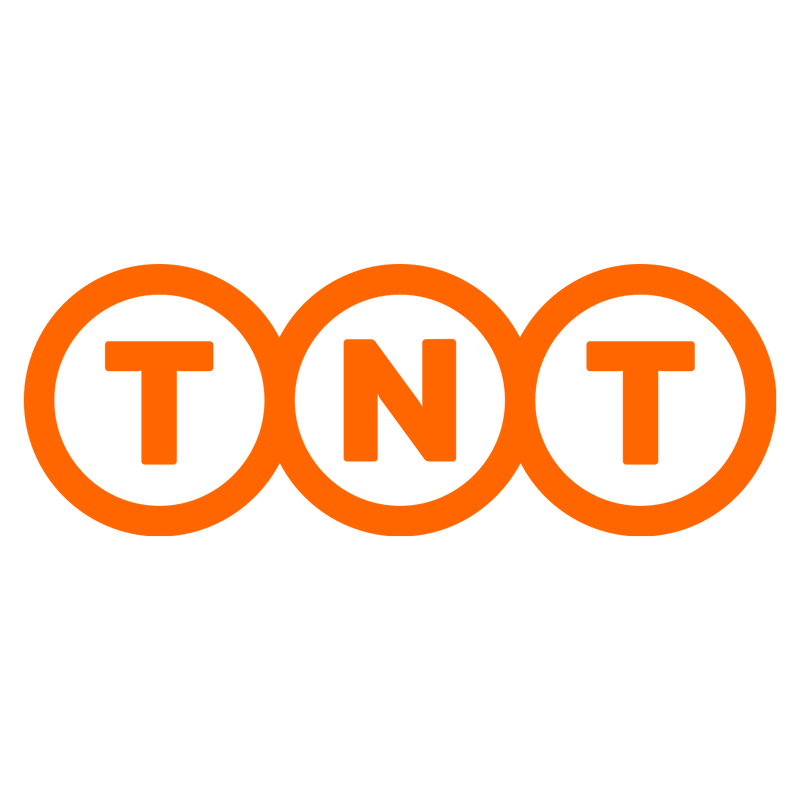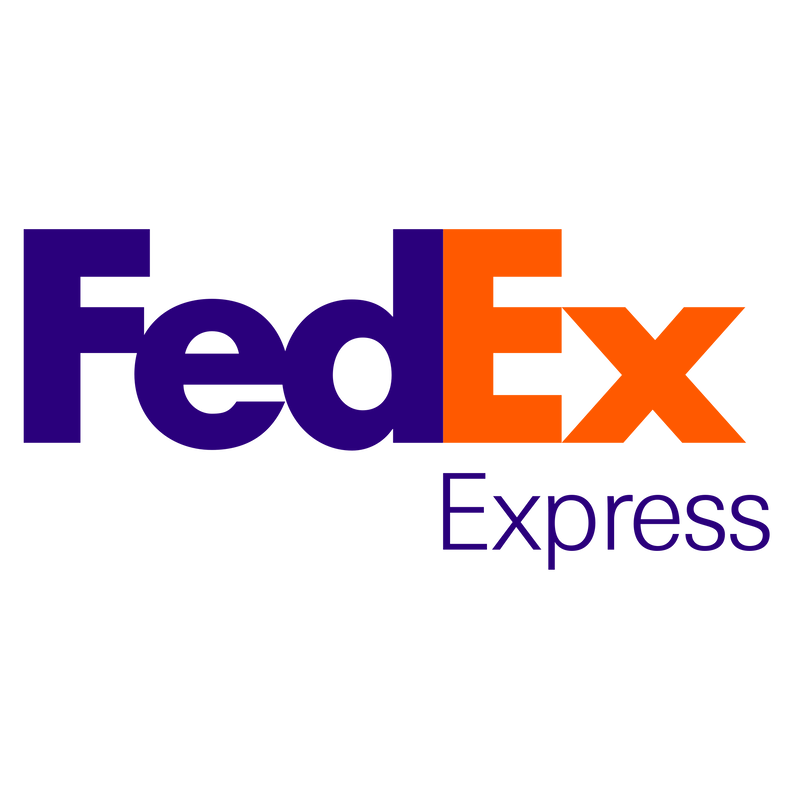OMD, one of the top media agencies in the world, works with clients of various size and social media exposure. Within the agency, OMD Word is the social intelligence arm that helps amplify clients through social media. The department ensures the client’s social channels are leveraged and optimized to support traditional and digital solutions.
According to Word’s U.S. Director Colin Sutton, your level of understanding impacts your brand’s ability to perform on social media. Generally, this is the first thing that brands should be thinking about when they want to launch a social campaign.
“Social is touching so many pieces of a business these days that I’d be remiss to say it’s just about the person we’re interfacing with,” says Sutton. “Even at the CMO or CEO level, we’ve started to see examples of how the level of understanding can really change how businesses are thinking about their product all the way down to the marketing.”
Depending on the brand’s social media know-how, Sutton says that Facebook and Twitter are the building blocks that a brand should start with in the social sphere.
Setting goals ahead of time is another important factor. Sutton says that brands just starting out on social media should focus on acquisition and filling their channels with the appropriate community. Meanwhile, more savvy brands should look for engagement, awareness and advocacy.
1. Don’t Be an Island
If you’re planning a social campaign that’s not connected to the rest of your communications, marketing and media plans, then rethink it. Traditional and digital media need to support an integrated campaign that has social media at its core.
2. It’s a Brave New World — Accept It
Don’t try to approach, execute or measure campaigns or strategies like traditional planners. More data is available than ever. The opportunity now is to connect through two-way communications with your customers across devices and media, and to time your messages accordingly.
Your content can, should and will be your ad. Is it strong enough to break through the clutter?
3. Listen Up — and Not Just at the End of the Campaign
Social listening can and should impact planning, execution, optimization and results measurement. Automated tools and reliance upon technology is not enough.
True value from listening data comes from your analysts, so make sure they are involved and prioritize what you are listening for, how you are going to capture it and how you are going to share the results.
4. Connect the Dots to Win
Content is king and media is amplification. Make sure your teams are connected and working together on the same agreed-upon goals.
5. Goals Can Unite and Ignite Your Efforts
Agree to goals across agencies and confirm how you are going to measure them. Listen again to make sure they make sense.
Volume is an important goal, but not the only one. Engagement as a goal is nebulous, so identify the most desired social actions, and design the user flow and related metrics accordingly.
6. Benchmark
Relentlessly Data is available. Find it and ensure your media teams and clients are working towards realistic goals. Past campaigns are the best way to set benchmarks.
If this is the first campaign, look to the publishing partner and find out what other campaigns have been run in a similar field or with a comparable objective.
7. Long-Term Value Exchange Is Paramount
Quick hits are good, but meaningful experiences drive long-term relationships and build advocacy and love. It’s okay for campaigns to have disparate goals, but overall there should be a guiding principle that governs your efforts.
8. Understand All of the Social Channels You Are Targeting, or Get Familiar With Them Fast
Nuances exist everywhere, so if you don’t understand how each channel works and how your customers live and breathe there, make sure you ask someone who does.
9. Optimize Ruthlessly and Intelligently
Data should be consistently understood and learned. Know its availability and optimize it with each campaign not only in real-time, but also over the long term.
10. Think About Eyes, Minds and Wallet When You’re Evaluating Success
A lot of clients put a media or dollar valuation against earned media. Generating $100,000 worth of value through monthly engagement on Facebook is putting a media value on what’s earned.
Think about what customers have seen. There’s a lot of value in that, but it doesn’t help measure perception. Consider the consumer’s minds, brand health, net promoter score and measurements to gain a more complete understanding of your perception.
What social media advice does your company go by? Let us know in the comments.
Series presented by IDG









